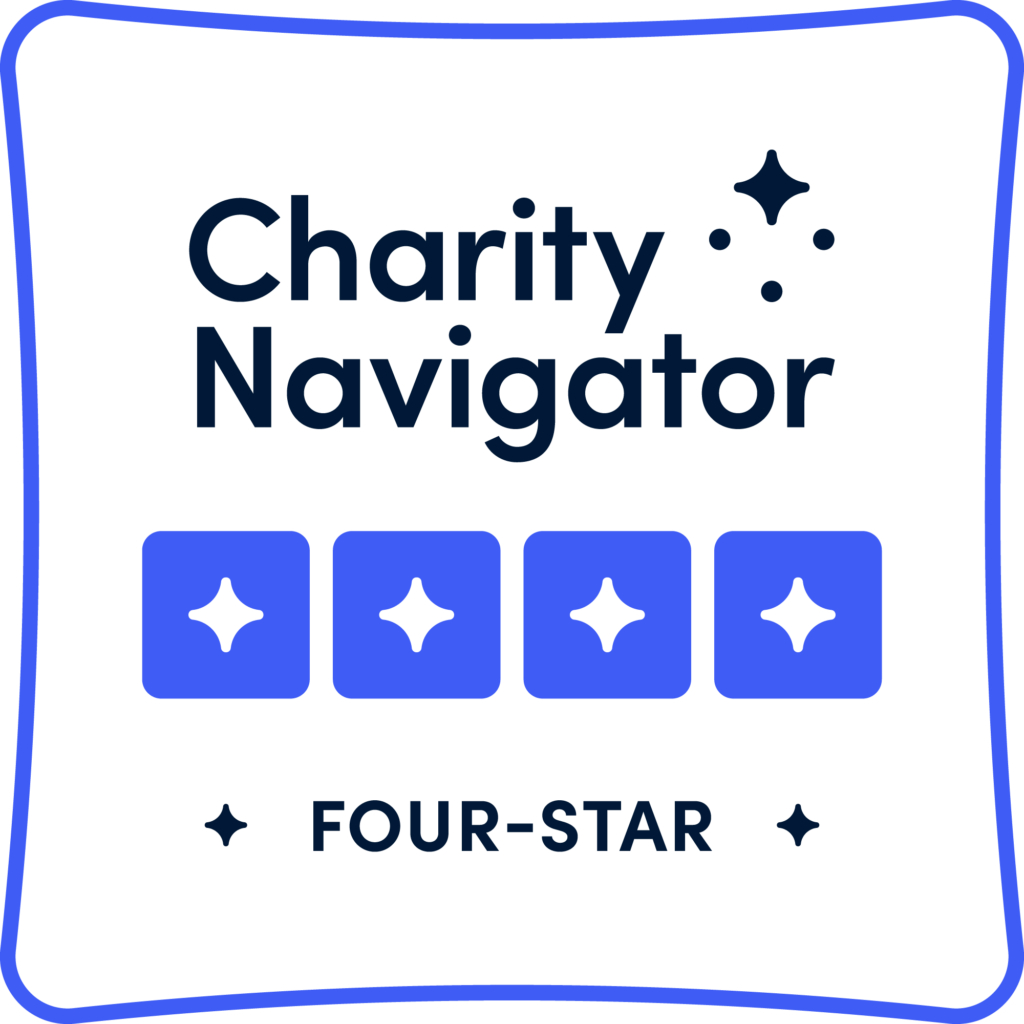Jewish Cultural Sensitivity
Ematai believes that health care providers and spiritual mentors should be working in tandem, not in conflict, toward pursuing the patient’s interests.
Jewish law recognizes the expertise of healthcare professionals while affirming that the Torah’s ethical teachings can wisely guide modern Jews in the complex dilemmas posed by 21st century medicine. Modern medicine offers many powerful therapies whose implementation must be guided by an ethic that respects the dignity found in all creatures created in the Divine image.
At times, healthcare providers find themselves in tension with Jewish patients and their families. Sometimes these strains relate to typical conflicts that can occur with any patient or family. At other times, they relate to specific cultural sensitivities found within the Jewish community, where matters of life & death might be thought about in distinct manners.
When it comes to end-of-life care, these questions include:
- Truth-telling and full disclosure to patients with terminal illness
- Nutrition and Jewish dietary laws
- Palliative care
- Hospice care
- Signing POLSTs and other medical orders like DNIs and DNRs
- Nutrition for terminal patients
- Autopsies
- Posthumous handling of body after death
- Brain death declaration
- Organ donation
Ematai believes that these are all issues that can be properly addressed with open communication and dialogue. We are committed to increasing cultural sensitivity and mitigating unnecessary conflicts.
For more information about our services for hospitals, hospices, and other healthcare providers, please reach out to office@ematai.org.




